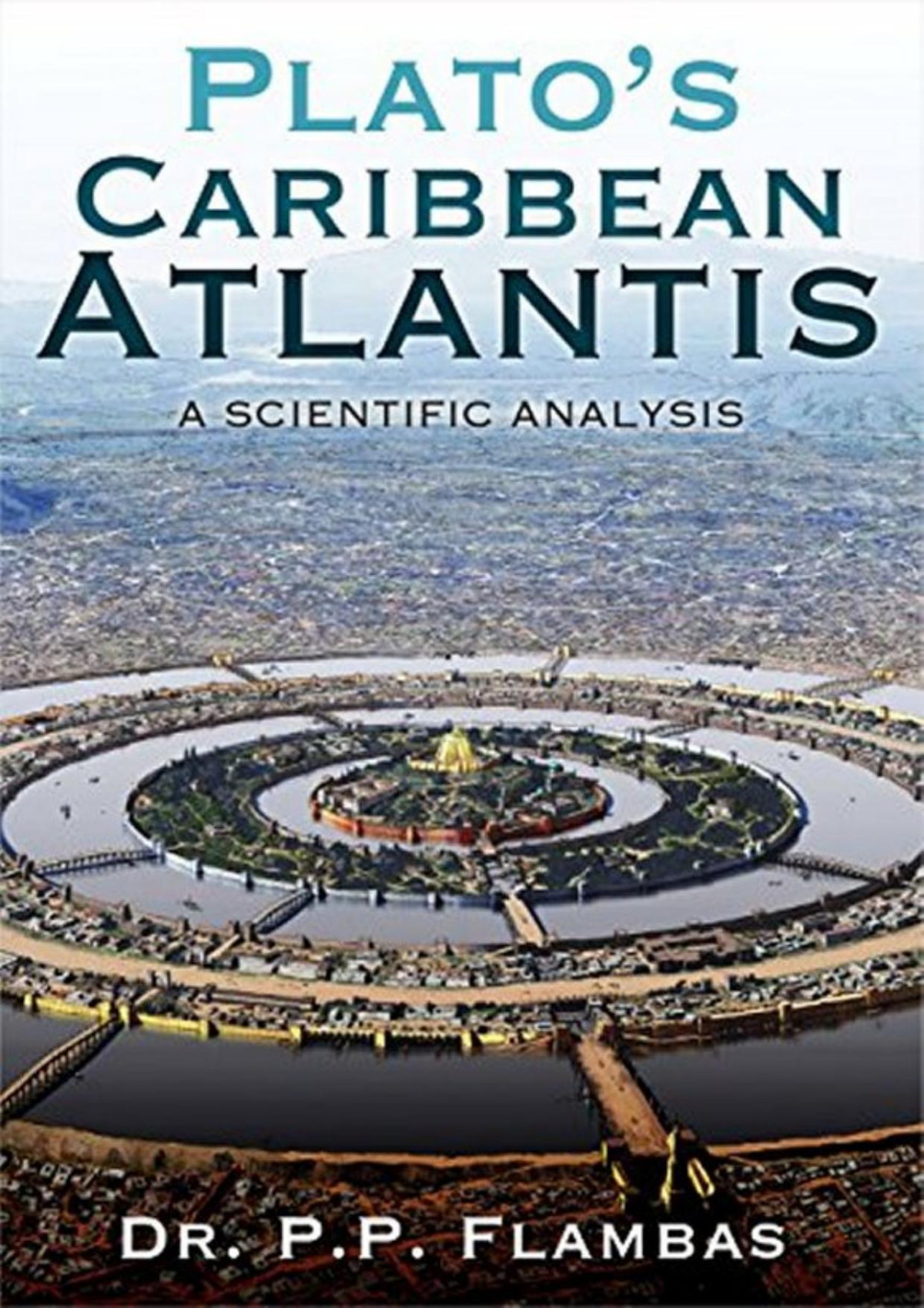

Most ebook files are in PDF format, so you can easily read them using various software such as Foxit Reader or directly on the Google Chrome browser.
Some ebook files are released by publishers in other formats such as .awz, .mobi, .epub, .fb2, etc. You may need to install specific software to read these formats on mobile/PC, such as Calibre.
Please read the tutorial at this link: https://ebookbell.com/faq
We offer FREE conversion to the popular formats you request; however, this may take some time. Therefore, right after payment, please email us, and we will try to provide the service as quickly as possible.
For some exceptional file formats or broken links (if any), please refrain from opening any disputes. Instead, email us first, and we will try to assist within a maximum of 6 hours.
EbookBell Team

0.0
0 reviews
jiP. Philip Flambas is the Australian author of Plato’s Caribbean Atlantis[1368]. The self-explanatory title makes Dr Flambas’ objective clear. The book was published in Australia and is a hefty 932 pages and is also available as a Kindle ebook. The book is so enormous that a full critique would require another book. He outlined his theories on the Ancient Origins website(b).
Hidden Location of the Legendary Island
By analyzing Plato’s geographical descriptions of the “Atlantic island” , I have concluded that it was located in the eastern Caribbean region. The Atlantic Island was once a large landmass of over one million square kilometers that occupied the eastern half of the Caribbean Tectonic Plate. It was once above sea level but then most of it “sank” and now forms a large part of the Caribbean Sea floor. Plato’s Atlantean civilization developed more than 11,600 years ago, after what is called the Last Glacial Maximum (LGM), which occurred about 20,000 years ago. The LGM was the time during the current Ice Age when glacial ice sheets over Antarctica and much of North America and Eurasia were at their greatest extent and kilometers thick.
If a Caribbean Atlantic Island was once above sea-level over 11,600 years ago, and afterwards was covered by the known sea-level rise from glacial ice melting, it would only be fifty to sixty meters (164 to 196 feet) below the present sea-level. Instead, most of the Caribbean Sea bottom is now thousands of meters below sea-level. The only way the Atlantic Island could “sink” by thousands of meters over a few thousand years is through a series of major subsidences of a large part of the eastern Caribbean Tectonic Plate on which the Caribbean Sea rests. There is no currently accepted geological mechanism for a rapid subsidence of this magnitude.
A new geological hypothesis might describe a mechanism for the rapid and deep submergence of the Atlantic Island. I have independently developed this hypothesis but, to date, it has not been fully reviewed and accepted by academic geologists. The hypothesis is a radical departure from conventional thinking about the vertical motion of the Earth’s tectonic plates.
Prehistoric Geology and Shifting Plates
The hypothesis’ basic concept is that during the current Ice Age, the weight of massive volumes of glacial ice that accumulated over the tectonic plates of Antarctica, North America and Eurasia pushed those plates down and caused uplift in remote tectonic plates not covered by ice. One of those remote tectonic plates that were uplifted was the Caribbean Plate and that uplift created an emergent Atlantic Island.
Geological evidence exists of large vertical movements of parts of the Caribbean Plate over many millions of years that correspond to changes in glacial ice thickness; in particular, relatively recent downward movements that could account for the submergence of the Atlantic Island in the past 11,000 years.
The Great Unknown
The ultimate issue to consider is whether the details of Plato’s Atlantis story are based on fact. If Plato did write the truth, then Atlantean civilization developed several thousand years before any known ancient civilization in Mesopotamia, Egypt, India, China or the Americas. All the evidence available shows that Plato believed the Atlantis story and that more of the story once existed but is now lost.